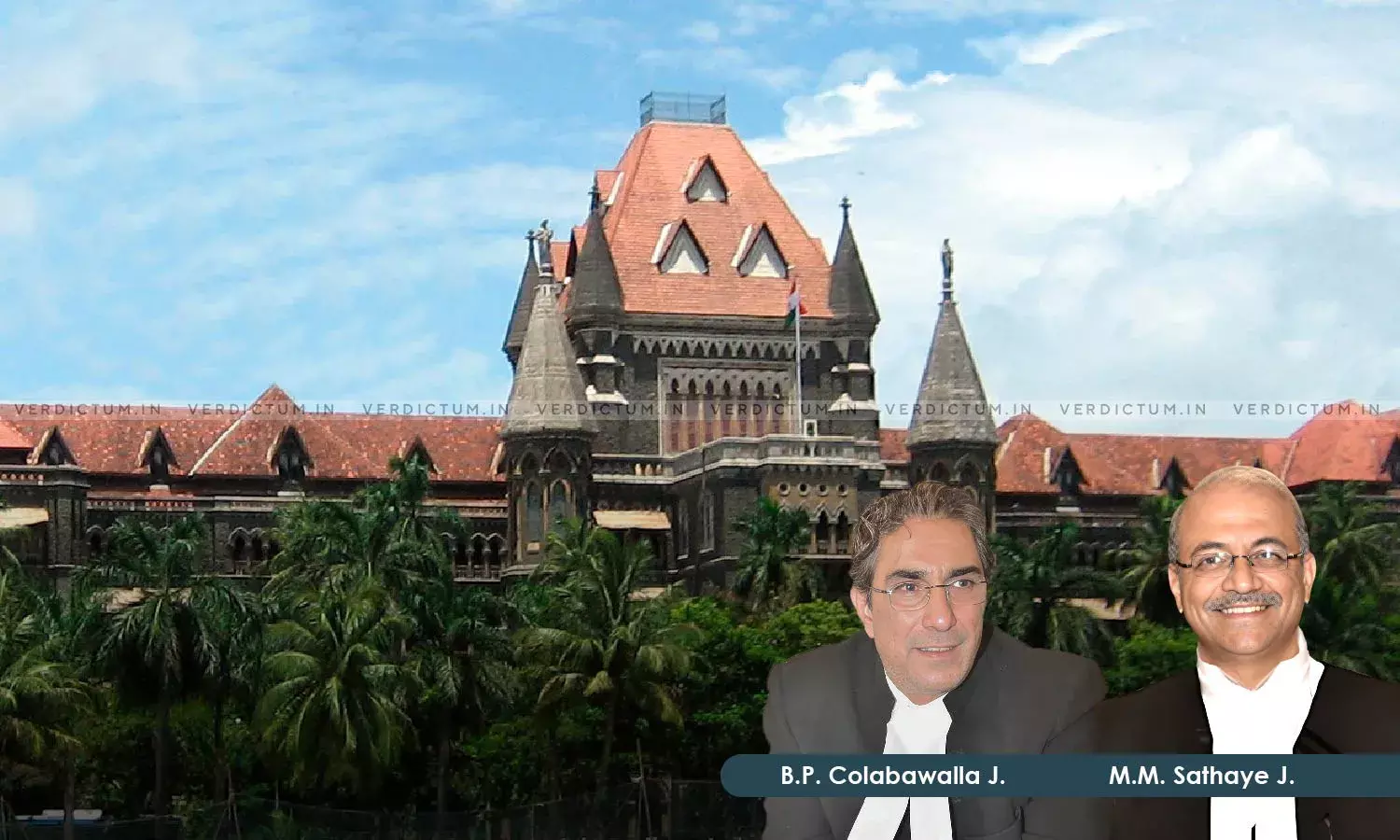Banks/NBFCs Not Obliged To Adopt Restructuring Process On Their Own Without Any Application By MSMEs: Bombay HC

The Bombay High Court has held that Banks/NBFCs are not obliged to adopt the restructuring process on their own without there being any application by MSMEs.
In that context, Justice BP Collabawalla and Justice MM Sathaye observed that, "Unless such knowledge of incipient stress on the financial condition of MSME is brought to the notice of the Bank it is next to impossible, in our opinion, to be identified on its own by the Banks or NBFCs. The persons in charge of the MSMEs are most likely to sense or understand the beginning of the stress on their financial capacity, simply because they are at the helm of the things so far as a particular MSME is concerned."
In light of the same, it was concluded that, "on a conjoint reading of Clause 1(1) and Clause 1(3) of the said Notification, leads to an indisputable interpretation that the said Notification can be pressed into service only and only after the MSME [such as the Petitioners] approaches the Banks/NBFCs with an appropriate application supported by an affidavit of the authorized person placing on record the bundle of facts which lead to the conclusion of incipient stress and only after that, the Banks or NBFCs are required to categorize them as SMA-0, SMA-1 and SMA-2."
Counsel Mathews Nedumpara, along with others, appeared for the petitioners, while Counsel Advait Sethna, along with others, appeared for the Union.
In this case, a group of writ petitions challenged the classification of MSMEs' accounts as Non-Performing Assets (NPAs) under Section 13(2) of the SARFAESI Act. The petitioners, who had received financial assistance from banks and NBFCs, argued that the respondent banks/NBFCs did not follow the prescribed procedure for restructuring before labelling the MSMEs as NPAs.
The Union of India contended that the Notification, issued under Section 9 of the MSMED Act, provided guidelines for MSME promotion but lacked the force of law. MSMEs had the option to initiate proceedings under the provided framework, and the petitioners did not do so.
The Respondent Banks argued that the Notification allowed a 90-day period before classifying an MSME as an NPA. During this period, MSMEs were expected to recognize financial stress and apply for the committee's constitution for restructuring efforts. Once the 90-day period lapsed and an account was labelled NPA, SARFAESI Act actions were mandated. Crucially, the MSMEs involved did not invoke the notification for restructuring.
The High Court noted that Clause 1(3) of the notification provided that an application for initiation of the proceedings under the framework is contemplated by an affidavit of an authorized person, wherein he/she has to state on oath about facts necessitating an action to initiate the restructuring process, and that the same reflected the legislative intent.
In light of the same, it was held that there was no merit in the petitions, and were dismissed.
Cause Title: M/s. A. Navinchandra Steels Pvt. Ltd. & Anr. vs Union of India & Ors.
Click here to read/download the Judgment

